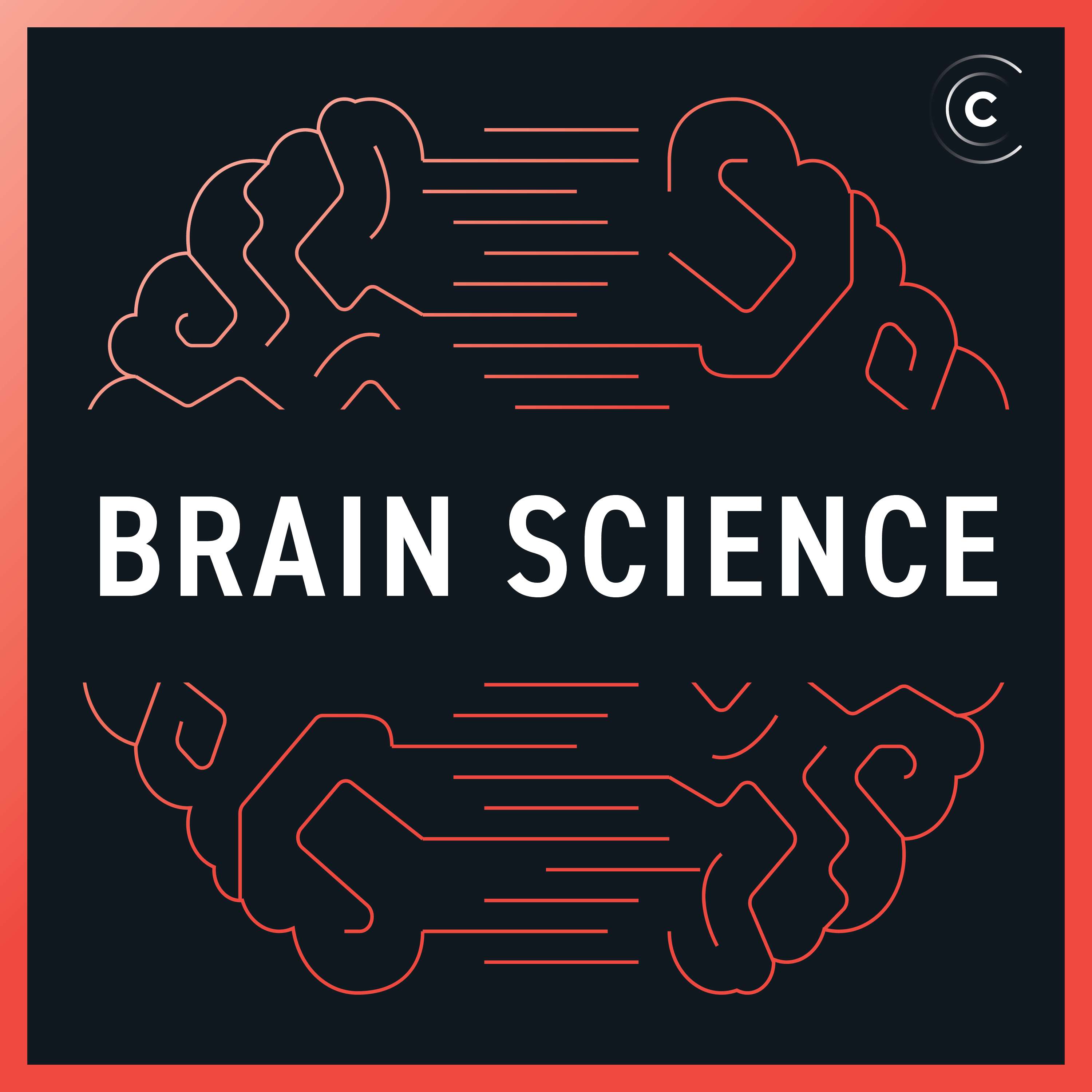Podcast Summary
Understanding the Conditioning Process in Relationships: Understanding ourselves and the conditioning process helps us develop positive behavior patterns and navigate relationships effectively. Conditioning is a natural feedback loop that helps us repeat positive experiences and avoid negative ones.
Struggles in relationships are inevitable because we all have different facets to our personality. Understanding ourselves is key to navigating relationships more effectively. Through life experiences, we discover more about ourselves and the conditioning process helps us to condition behaviors in a way that they occur less frequently. Conditioning can be both positive and negative, with feelings being an important part of the feedback process. Positive experiences tend to be repeated while negative ones are avoided. Animals, like rats and apes, are often used in studies to understand the process of conditioning. Ultimately, learning more about ourselves is an ongoing process that helps us understand and adapt to the people around us.
The Role of Feelings and Relationships in Human Development.: Positive experiences consolidate in our brain, while negative experiences make us avoid them. Relationships form who we are, and connection is essential. Empathy is crucial, and understanding others' perspectives aids in building relationships.
Our feelings play a fundamental role in the conditioning process. Positive experiences consolidate in our brain to be remembered; negative experiences make us want to avoid them. Relationships help inform and form who we are, and connection is key when it comes to being human. The mammalian brain is central to our ability to be in a relationship with others; studies show brainwaves between mother and infant to be identical while breastfeeding, creating a bond between them. Skin-to-skin contacts with mothers or primary caregivers helps infants immediately and playing into building an attachment. Empathy with another person is important and fares better when we can see their experience through their lens.
The Role of Relationship and Empathy in Neural Development: Building emotional connections through empathy and scaffolding is crucial to neural development in children, fostering neural networks that shape behavior and emotional regulation throughout life.
Having a warm-blooded, human connection during pain or hardship can reduce the intensity of those feelings. Relationship and empathy play a major role in the growth of neural networks for infants and early toddlers. The first year of life or the first couple of years tends to develop the emotional side of our brain. Neuroplasticity is the hope-filled thing that helps to build these neural networks throughout our lives. Children's brains are still in formation, and part of the brain including the prefrontal cortex may not be entirely developed until the mid-twenties. Emotional empathy can help to build neural networks and regulate behavior of younger children. Scaffolding as our children grow and develop helps to form neural networks, which is a crucial factor in neural development.
Importance of Attachment and Connection in Personal Development: Positive touch, emotional support, and belongingness can go a long way in building strong relationships. Isolating oneself may not be natural for humans, and reinforcing positive behavior and emotions can aid in managing difficult feelings.
Attachment and connection play a crucial role in an individual's development. Research shows that nonverbal children who lacked facial expressions, verbal cues, and engagement from their caregivers experienced increased distress levels. Reinforcing positive behavior through touch and a supportive emotional response is an effective way to create strong relationships. Jury-rigging and short-circuiting habit formation may lead to breaking long-term. Individuals who isolate themselves from others and retract may be trying to cope with their issues, but it is not natural for humans to be alone. Touch, hugs, and being part of a team can help modulate the pain and burden of difficult emotions.
The Importance of Social Connection and Emotional Intelligence for Thriving in Life.: Social connection is essential for human survival, and rejection can cause emotional pain. Cultivating emotional intelligence and offensive skills can help us navigate pain and lead a fulfilling life.
Humans are designed to be connected. Social connection plays a crucial role in our survival and well-being. Research has shown that the physical pain centers of our brain light up when we face social rejection. Emotional pain is diffuse and challenging to navigate if we lack coping skills or strategies. Defensive thinking is limiting and may hinder us from becoming our best selves. Humans are programmed to stay alive, and our brain's primary job is to keep us safe. Therefore, it is essential to develop offensive skills and desires to thrive in life. Cultivating social connections and emotional intelligence can help us navigate pain and lead a fulfilling life.
The Importance of Relationships for Personal Growth and Well-being: Being mindful of the people we surround ourselves with and valuing relationships can positively shape our decisions, allowing us to thrive and reach our full potential. Being responsible for our influence on others is also crucial for healthy relationships.
Relationships are crucial for human survival and well-being as they form our personal mind and shape our daily habits and decisions. Our emotional center can sometimes lead us to get lost in the ambiguity of emotions and relationships can help us orient ourselves. Being intentional about who we surround ourselves with and recognizing the influence they have on us can help us thrive. We should also recognize our responsibility and the influence we have on others. Valuing relationships changes the choices we make and the way we allow them to affect us. It's a lifeline, which can be super-adaptive and helps us not just survive, but thrive.


